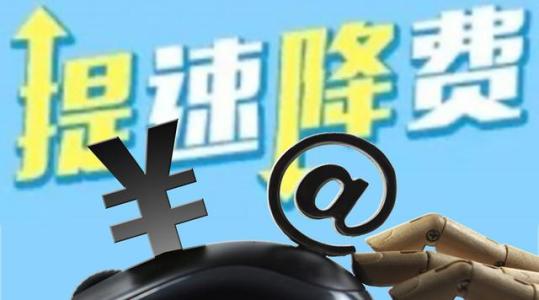In the era of mobile Internet, mobile phone traffic has become a hard standard for life safety and comfort. However, in the context of speeding up and reducing fees, “stealing traffic†has become a hot word in the network. According to media reports, after investigating the usage of some users' mobile phone traffic, it was found that the excessive consumption of user traffic and the insufficient implementation of the operator's traffic metering method did exist, which has become a major constraint to the reduction of communication tariffs.
According to the report, previously, under the urging of many parties, various operators began to launch traffic overlay packages and idle time traffic packages based on existing packages to “gree†the relevant tariff reduction indicators. However, after the implementation of various preferential measures, many users have reported that mobile phone traffic is “sooner and fasterâ€, and actual tariffs are not falling.
Indeed, I believe that many mobile Internet users do not feel "reduced". This reason is multi-faceted. First, the user's mobile phone is often loaded with a lot of software, especially the various apps in the smart phone, which is a potential traffic "thief"; the second is the current means of fee reduction adopted by the operator, not directly Reduce the price of traffic, but use a variety of business strategies to improve the efficiency of traffic utilization.

Under Wi-Fi's "pick and love", most netizens have developed the habit of using traffic. The traffic needs to be increased, resulting in a continuous increase in traffic costs even if the unit price is lowered. In combination, it is difficult to understand the “reduction of fees†to the individual users.
Therefore, the problem now is that there are some goals for speeding up and lowering fees, but it still seems to be mediocre and lacking in terms of means, and it has not been fully opened in terms of work. From the perspective of goal orientation, since the speed-up and fee-reduction is aimed at all netizens, it should be more user-centered and more stand on the user's stand to implement speed-up and fee reduction. Only when users actually feel the speed-up and fee reduction, can they be truly Achieved the goal.
Under this line of thinking, it is not only the scope of responsibility of operators, but also involves many aspects. For example, there are corresponding specifications and restrictions on mobile phone software and some bugs in "high-power consumption" software. When too many users clearly do not use the intention, but the traffic is “gorged†by the relevant software, it is not only a waste of user traffic, but also a waste of communication resources. To be more realistic, this actually infringes on the interests of users and belongs to the "stealing" behavior under the premise of depriving users of their right to know.
In fact, regarding speeding up and down, we are sometimes too entangled in the operators themselves. A more convenient way to solve the traffic problem fundamentally is the coverage and quality improvement of Wi-Fi in public places. In fact, many of today's traffic consumption is generated in the case of out-of-office, and many netizens can basically enjoy Wi-Fi coverage, whether in the unit or at home. The popularity of Wi-Fi in public places not only forces telecom operators to do traffic services, but also considers the speed increase and fee reduction of traffic from another perspective.
On the one hand, in public places such as train stations, airports, banks, etc., the official can provide Wi-Fi with sufficient signal to improve the quality of service. On the other hand, it is necessary to strengthen the security control of private open Wi-Fi. Targetedly set the "customer Wi-Fi" standard for the service industry, improve the security of Wi-Fi, and give users a reassurance.
In short, although speeding up and down is a clear, single goal, there are more than one way of operation, and there are more than one path to achieve, and it is not just the task of the operator. In the long run, we will eventually enter the era of free use of unlimited traffic, which depends on the advancement of technology and the adjustment of policies and development ideas. Only at this stage, we need to continuously improve, reduce the actual pain points of the majority of users, and let the Huimin policy truly benefit the people.
commercial charging station
Shenzhen Hongjiali New Energy Co., Ltd. , https://www.hjlcharger.com